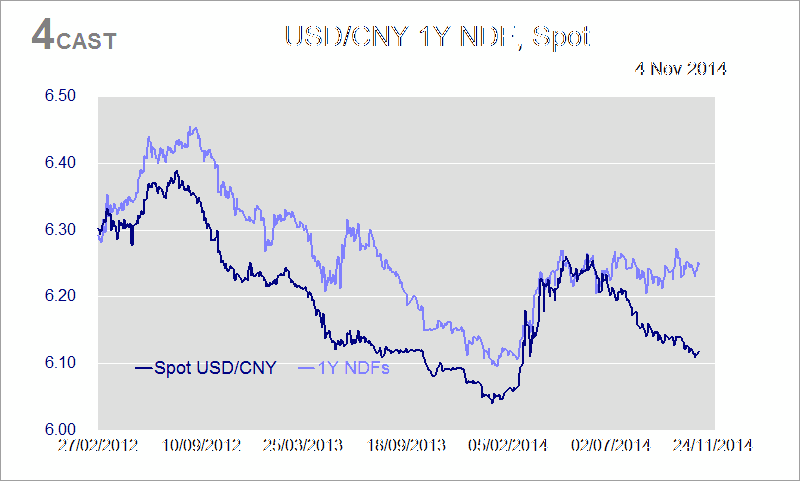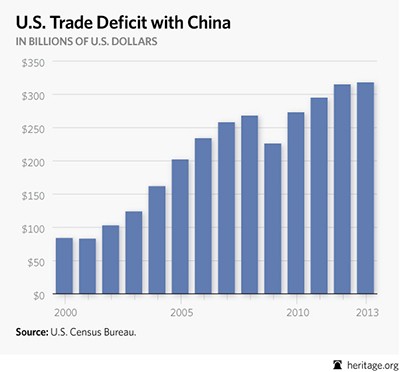China Has Stopped Intervening in FX Market
Post on: 16 Март, 2015 No Comment

The Obama administration believes China basically stopped intervening in currency markets after a July agreement with Washington to minimize this activity, a top Treasury official said on Thursday.
Tensions over currency policy have been a perennial bugbear between Beijing and Washington and the United States has pressed China for years to stop pushing down the value of its yuan currency.
At a meeting between officials last July in Beijing, China agreed to reduce interventions when conditions were ripe.
By our reading, the Chinese have essentially refrained from foreign exchange purchases since that period, Treasury Undersecretary for International Affairs Nathan Sheets said.
The value of the yuan plunged 75 percent in the 1990s but since 2005 China has slowly allowed it to appreciate. This year the yuan has bounced around more than in previous years, and since July its value has fallen 1.3 percent.
Many nations have questioned Washington’s own policies that influence the value of the dollar, namely the Federal Reserve’s asset purchase programs that put downward pressure on the U.S. currency during America’s recovery from the 2007-09 recession.
Washington, however, has argued in international forums that countries should stimulate their economies as much as possible as long as they are targeting domestic demand rather than exchange rates. The Group of Seven advanced economies backed this view in a 2013 statement.
Some U.S. lawmakers have proposed marrying currency provisions to trade deals, including those being negotiated with Europe and Asia. They say this would protect U.S. workers from foreign efforts to weaken their currencies, thus making their goods cheaper in the U.S. market.
But Sheets argued the administration’s current tools for currency diplomacy were already bearing fruit and would likely work better than provisions in trade deals.

Continuing along the lines of bilateral and multilateral engagement is the strategy that’s likely to be the most effective, he said.
Sheets’ comments came after he delivered a speech that warned the world’s economic policymakers, including those in China, against relying too much on exports to get ahead in a sluggish global economy.
He argued countries relying too heavily on export-led growth need to shift their growth strategies more toward growth in service industries.
Achieving these policy objectives will require efforts to open the financial sector, allow increased exchange rate flexibility, and strengthen safety nets, he said.
2015 Thomson/Reuters. All rights reserved.














